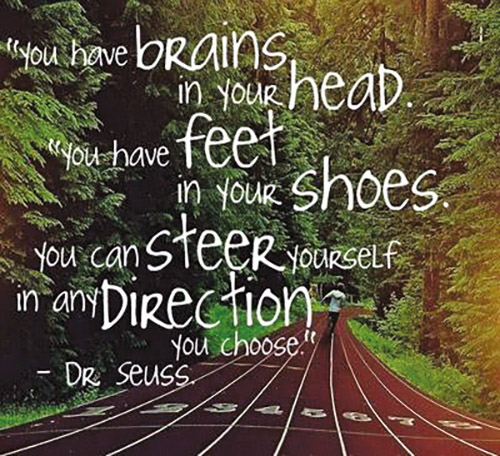
Flats? Of primary importance is to keep yourself level-headed, because if you do, you can better solve problems and rationally address all issues that arise. The more emotional you are, the worse your logical, problem-solving thinking is. You must stay calm for maximum problem solving. Once you have that, you have access to all parts of your brain, and thus you are in a much better position to react effectively.
So when the door closes in my face? When her eyes rolled because I asked her to pick up her sweatshirt off the floor? Remember the winning response comes after a delay—breathing and thinking about your goal. Do you want to demand cleanliness with the narrow chance of talking? Do you want to create a wall when she creates one? Or are you looking to flatten the wall?
Everyday life is unpredictable. Is it a Zoom or back in school? It is so hard to maintain a schedule. Level off the week by maintaining at least one consistent family routine irrespective of these changes. For example, eating dinner together allows for communication and just spending time with one another. If that is not feasible, try getting the family to do a pop-in at a given time with popcorn in the kitchen for 10 minutes.
High Heels? The time for positivity and feeling on the UP is now. It is important to start off the day with an outlook that maximizes your ability to be heard. The way you communicate your needs and wants impacts on how successful you are going to be. If you start off with positives about the person such as compliments or something that communicates a good feeling—greeting with a smile and a “How are you?”—you are more likely to get what you were hoping for.
Positives are easier to find when you have a positive goal or vision. For example, if you are hoping that your teen will be more communicative, instead of asking for more, look specifically for any hint of flexibility. “I appreciated the comment you made to your brother at the table.”
As you start your day, try to think of three things you are grateful for. There is a benefit to finding the positives in your life. The way in which you process information impacts on your words and your behaviors. So if you are starting your day by flipping even one thing into the positive, you are starting off on the foot where you will be most successful. When you build people up, you facilitate their maximum capability.
Sneakers? What are you incorporating into your day that gives you emotional and physical energy? Are you taking time to exercise, meditate? Read? Shop? Help?
The key is to take time for yourself. Parents need to carve out enough time in the day to allow for a recharge. Exercise releases natural endorphins into the body; “feel-good” chemicals are released into the bloodstream after approximately 20 minutes. When you take the time to explore other parts of yourself, you model for your teen the importance of being a multifaceted person. This effort helps your teen utilize their interests, passions and outlets to balance out stressors such as school, peers, COVID-19, etc. Exercise is generally a more tolerated activity for all ages. Teens may more readily accept a parent’s invitation to join on a bike ride, as it requires minimal talking and offers maximal control over elements such as speed.
Boots? It is not easy to get muddy and into the middle of young-people drama. Wearing boots means trying hard to understand and feel for your teen. It takes lots of effort to get in and out of mud. Keep trying to understand your teen.
These efforts will not go unnoticed. Ask open-ended questions. Do not assume or communicate that you are the expert, but rather someone willing to learn. You are in the mud. You are exactly where you want to be to better relate, connect and understand. Repeat back in your own words what your teen says to you. Empower your teen to try solving and seeing things independently. After they try, empower them to accept muddy situations and, if needed, to ask for help without shame.
Whether or not you would want to, you cannot always pave the way for your children. Avoiding the mud may prove helpful in the short term. To truly empower teens is to teach them how to lace up their boots as they enter the mud.
Affectionately known as “Dr. B” by her patients, Dr. Chassia Boczko is a leading clinical child psychologist in the tristate area for children, families, teachers. Dr. Boczko has a private practice in Woodmere, New York where she provides psychological services and consultations. As a mother of four children, each with their own personalities and learning style, Dr. B has a unique understanding of the perspective of parents as well as the role family dynamics play. She recently launched the GoBe Society, a community for parents that give the parents and children accessible tools for better relationships, self-esteem, and success. You can follow Dr. B on Instagram at @gobe.society, and her website gobesociety.com. She can be reached directly at hello@gobesociety.com.










